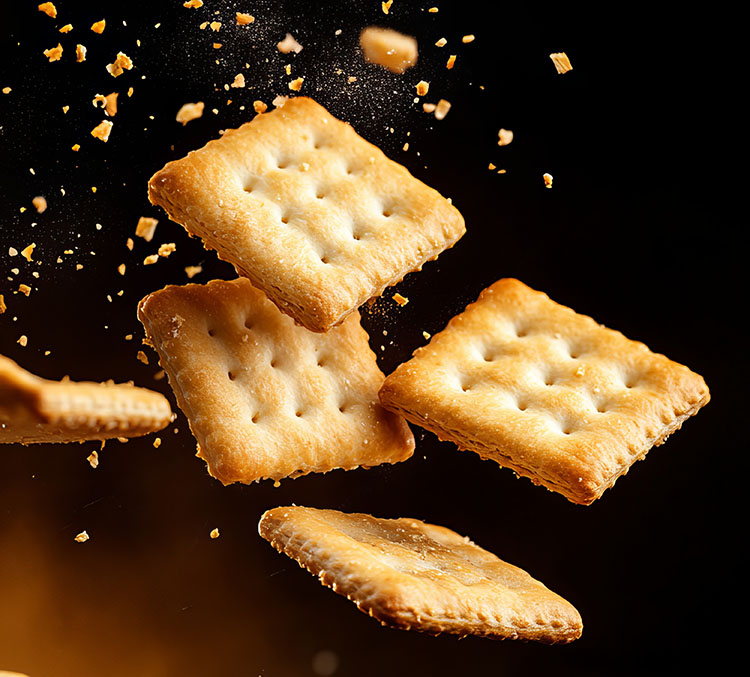
Two-stage mixing takes center stage
Two-stage batch mixing brings multiple advantages to industrial-scale baking. Two-stage batch mixing is especially suited to long-fermentation doughs, where structure and flavor are needed.
Two-stage batch mixing brings multiple advantages to industrial-scale baking. Two-stage batch mixing is especially suited to long-fermentation doughs, where structure and flavor are needed.
Spiral cooling and freezing systems have an unmatched capability to save space. For process consistency, they must also ensure even temperature distribution, and an uninterrupted conveying movement for minimum downtimes, while being easy to clean and maintain. Energy efficiency and scalability features are also important checkboxes for a reliable piece of equipment.
Chip Czulada embarked on a new role as the President of Reading Bakery Systems (RBS) at the beginning of 2024. He shares with Baking+Biscuit International magazine his view on the first six months at the helm of the company where he has been working for over 20 years.
Product waste in industrial bakeries can arise from several factors, each contributing to the overall inefficiency of the production process. Understanding these causes is crucial for developing strategies to mitigate waste.
Fully automating kneading and mixing is an ambitious endeavor, given the complexity of the process, and the diversity of raw ingredients.
The automated line designed by AMF Tromp can flexibly support a wide range of pies, either savory or sweet, in a baking tray, in foils, or in paper cups. They can bake the pie shells only, pies with the top opened or closed and pies with or without a lattice decoration. For (pre-)baking the pies, AMF recommends a Den Boer Multibake tunnel oven with impingement heating or a direct-fired system.
AMF Bakery Systems showcases solutions that support sustainable baking, including oven technology and smart services. New developments for bread lines, pizza systems and soft bread and bun production will also be presented.
There are clear requirements for the proofing process. The dough may be resting, but its transformation process does nothing but rest. The question is, always, how to improve the process? Technology brings new answers.
Sweet or savory, pies are a perennial favorite among consumers. Highly specialized production lines are developed to ensure production meets quantity as well as quality needs, efficiently.
Technology innovation not only ensures the right temperature, airflow and humidity settings, but also addresses a priceless ingredient in baking: time. Reading Bakery Systems (RBS) recently launched a new multi-pass proofer, which was designed to do both. It is designed to be flexible in function, footprint, and form.
Technological developments make continuous mixing a better option than batch mixing, especially so for high-volume production. High throughput continuous mixers are becoming the best sellers in this equipment category.
Over the years, advances in continuous mixing have been developed to improve ingredient metering, process controls and include specialized mixer designs and ultra-high capacity mixers. Compared to batch mixing, such technological developments make continuous mixing a better option than batch mixing, especially so for high-volume production.

